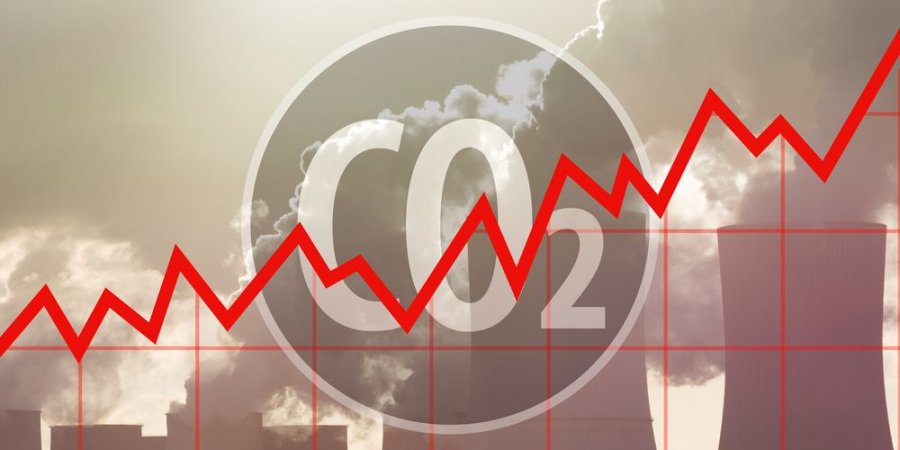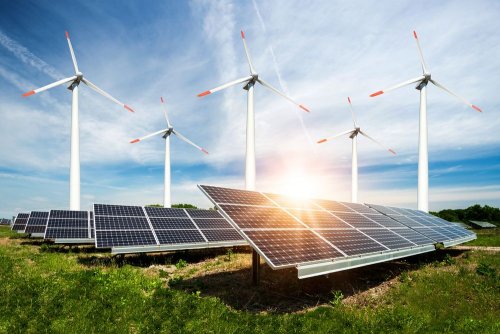Global carbon dioxide emissions in the energy sector are likely to peak this year due to falling costs of solar energy and batteries, which help reduce the use of coal and oil.
This is stated in a report by the consulting company DNV, Reuters reports.
Analysts have warned that even if emissions peak this year, they will accumulate, and a slow decline in CO2 emissions after the peak will mean that warming of 2.2°C is the most likely scenario this century. Therefore, with a slow rate of reduction, the goal of limiting warming to 1.5°C set out in the Paris Agreement becomes increasingly unattainable.
Progress of renewable energy sources
Analysts state that the production of solar photovoltaic installations and batteries is growing rapidly. In 2023, the capacity of new solar power plants (SPP) increased by 80% and reached 400 GW. The cost of electricity obtained with the help of the sun in many regions has become lower than that produced by burning coal. As battery prices have also fallen, using solar energy has become more affordable and profitable.
Battery prices fell by 14% last year and are expected to continue falling, meaning electric cars will also become cheaper, DNV says.
"Solar PV and batteries are the driving force of the energy transition. They are growing even faster than we previously predicted," said Remy Eriksen, President and Chief Executive Officer of the DNV Group.
He added that reaching peak emissions is an important event for humanity. But now, in his opinion, humanity should focus on how quickly emissions are reduced and use the tools available to accelerate the energy transition.
The main polluter and leader in the development of RES
China remains the world's largest consumer of coal and the largest source of CO2 emissions. But at the same time, it accounts for 58% of global solar installations and 63% of new electric vehicle purchases last year.
Experts expect the country's reliance on fossil fuels to decline rapidly as China continues to make its biggest investments in solar and wind farms.
As EcoPolitic reported, in 2023 the world beat a new record for the volume of greenhouse gases generated. At the same time, solar and wind energy have become more profitable for fossil fuels.
We also told that China launched the world's largest flywheel energy storage system.




